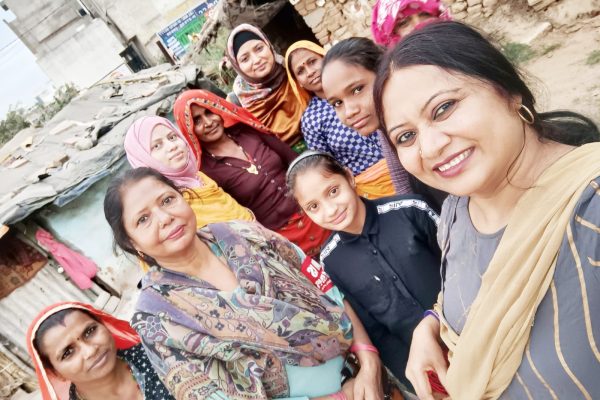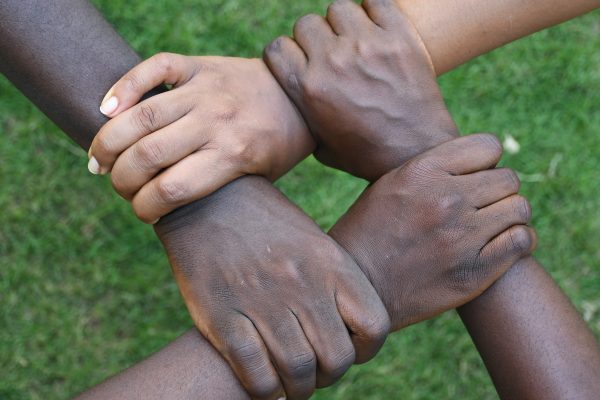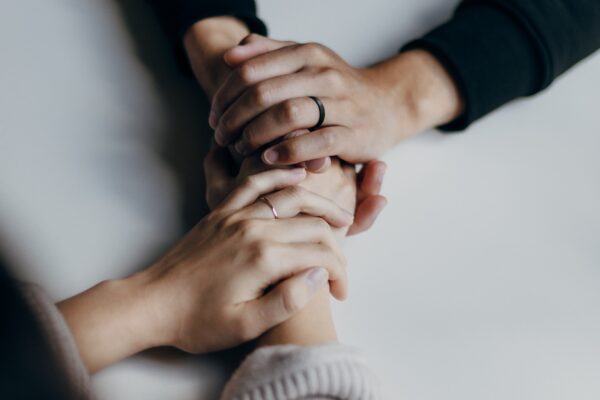With the world in turmoil, and injustice evident in every fragment of society, what does it mean to truly live by the principles of social justice?
Tucked away amongst the dunes of Yemen, a 4 year old’s frail body is laid to rest. Mariam’s lifeless pale face speaks volumes ‘’Mummy I am hungry’’ she would often complain to her 28 year old widowed mum. Until she grew weak enough and lost her ability to sit or talk, malnourished, she could no longer cry.
This is one of the many scenes across the world where various forms of social injustice prevail. Yemen is one such example. In a country of 24 million people, over 17 million are considered food insecure. Yemen, a country rich in culture and heritage but that is slowly disappearing from the globe.
In the case of Mariam, we see many forms of social injustice – restricted access to healthcare and education, unemployment, women’s rights. Echoed across communities worldwide, this is not a standalone case.
Is social justice merely political and philosophical jargon? What does it actually mean?
In plain terms, social justice means ‘fairness’.
That is, fairness between individuals living within society, leading to equal access to wealth, opportunities and privileges.
Built upon 4 vital pillars, which, once aligned, can a society truly claim to be socially just.
- Human rights: When a society is just, it protects and respects everyone’s human rights and we see communities flourish. A just society depends on access to essentials like shelter, food, healthcare, and education.
- Access: Sadly factors such as gender, race or class are used as obstacles to restrict or limit access. Which in turn causes suffering for individuals, communities, and society as a whole.
- Participation: Social justice isn’t possible if only a few voices are respected. If the voices of those most affected aren’t heard, solutions are likely to fail. Participation must be promoted, encouraged, and rewarded so everyone – especially those who haven’t had a chance to participate before – can speak
- Equity: Different from equality, equity aims for an equal outcome without discrimination. This can be better explained by business professor Craig Froehle’s example – three people are trying to watch a baseball game over a fence. All of them stand on a box. One can easily see the field, while the other can just barely see, while the last person is still unable to watch. “Equality” has given everyone just one box to stand on, even though the tallest person doesn’t need a box and one box doesn’t allow the shortest person to see. “Equity” gives the tallest person’s box to the shortest person, allowing them to see. Now, everyone can watch the game.
Social injustice poses a problem in several areas of society, which need to be addressed before we can claim to live in a socially just world
- Equal access to Healthcare
Receiving quality healthcare is our core right. Good healthcare must be provided to everyone, regardless of who they are, where they are from and what their income may be. Justice in health means access to equitable and affordable quality care for all.
Quality healthcare must ideally translate to higher life expectancy. The COVID-19 pandemic has shown how vital access to healthcare really is; we have seen delays in accessing treatments and tests. There have been delays in scheduling major surgeries, cancer treatments and dialysis, only leading to higher mortality rates which could have been avoidable.
To do their part in providing equal access to healthcare, the Dar es Salaam team donated National Health Cards to disabled children at Ukombozi School, enabling them to access medical care for free.
- Equal access to Education
Literacy impacts various essentials such as employment and healthcare. There have been multiple studies showing a correlation between communities with high literacy rates and lower infant mortality rates.
According to a study conducted by Betty Hart and Todd Risley, there is a 30 million word gap between children in low-income families and children from higher income families. The report outlines their findings that an average child in a higher income family will experience nearly 45 millions words by the time they are 4 years old, compared to the 13 million words that an average child who lives in a low-income family will hear.
Not only does this demonstrate the economic impact that illiteracy has on families, but also the continuous cycle of low literacy it creates.
For those with low literacy, it is often a struggle to obtain jobs that pay above a living wage. This means that these employees face more difficulties supporting their families and are more likely to depend on supplemental means such as welfare and food banks.
- Income Gap
Income inequality poses serious threats to a wide range of health and social problems. From reduced life expectancy (due to limitations in accessing healthcare) and higher infant mortality to poor educational attainment, lower social mobility and increased levels of violence and mental illness.
Pay disparities can also exist according to the race, gender and sexuality. In some countries there is a significant difference in how men and women are compensated for the same work. Following the COVID-19 pandemic, the divide in the income gap has only become greater.
- Refugee crisis
According to the United Nations, more people than ever before live in a different country than the one in which they were born. Approximately 70.8 million people have been forced from their homes. Out of these, nearly 30 million of them are refugees, and more than half of the world’s refugees are under 18 years old.
This displaced population thus faces the challenges of accessing education, healthcare, job opportunities and other resources. Whether it’s escaping conflict in their home country or a natural disaster, refugees need additional support dealing with the logistical, mental and emotional burdens of their situation. Having access to sanitary pads, accessing clean water, blankets, shoes are just some examples of basic necessities that refugees struggle in obtaining.
- Racial Injustice
Racism and its impact can be found in every facet – education, business, media and day-to-day life.
Long-term consequences of racial injustice include the impact on the mental and physical health of individuals. Racial inequality is one of the most common social justice issues in the world. This impacts employment, access to healthcare, economics and ability to receive equal education.
- Hunger and food insecurity
Food insecurity can lead to difficult decisions like choosing between food and rent, bills, and transportation. From 2019 to 2022, the number of undernourished people grew by as many as 150 million globally, a crisis driven largely by conflict, climate change, and the COVID-19 pandemic. As unemployment rises, poverty and hunger will worsen.
To combat this, several Who is Hussain teams regularly distribute food parcels and conduct food drives for the homeless and vulnerable in their local communities. The team in Birmingham, UK, for example, dedicate their time feeding the homeless and impoverished 4 times a week.
Taking Action – how can I help bring fairness in society?
The world needs each individual’s time, talent and treasure. It is the responsibility of every individual to ensure we create a just world.
Educating ourselves about the forms of social justice is just the first step. Then comes reflection – into our own beliefs and habits.
Are we fair in the way we treat our students? Our colleagues? Our children? Our friends and neighbours? Are we prejudiced in the way we deal with people from different races, cultures, genders and religions?
We achieve social justice by treating everyone equally as human beings.
Each one of us must look for ways within our capacity to create awareness about social justice issues – in the form of art, social media campaigns, posters, joining organisations, attending a peaceful protest, for example.
Volunteering at organisations that support social justice is another form of promoting social justice. Who is Hussain teams around the world are dedicated to creating a more just and equitable society. Their activities include regularly visiting refugees and orphans, distributing basic necessities. Last month, for example, the Who is Hussain Bangalore team, dedicated time during the cold winter evenings to distribute over 700 blankets to those sleeping on the streets.
With World Day of Social Justice approaching on 20 February, let us use this as an opportunity to take stock within ourselves, to find even the smallest ways of bringing about a socially just society. So that, as a collective we do our part in creating a world based on the principles of social justice.
To do your part, consider getting involved, or making a contribution, no matter how small, so that we can continue creating a socially, and morally just society, together.





